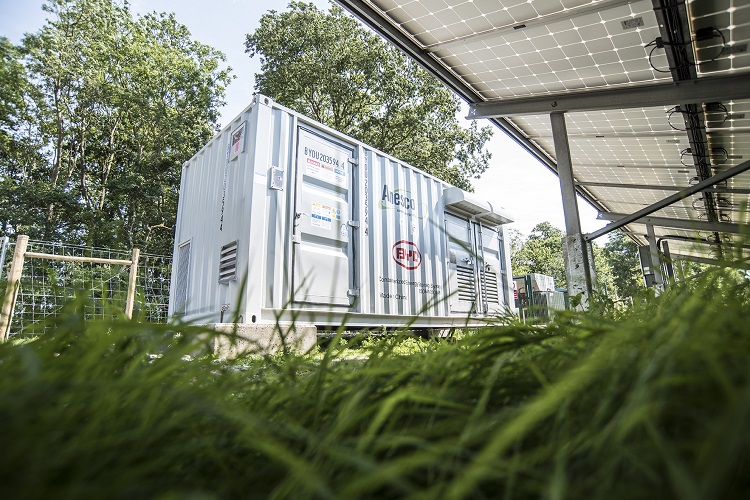The Ministry of Power has mandated that all renewable energy implementing agencies (REIAs) and State utilities must incorporate a minimum of two-hour co-located energy storage systems (ESS), equivalent to 10% of the installed solar project capacity, in future solar tenders. The ministry said this requirement will help mitigate intermittency issues and provide critical support during peak demand periods. It added that distribution licensees could also consider mandating two-hour storage with rooftop solar installations.
With implementation of the proposed storage under this clause, the government expects around 14 GW/28 GWh of storage to be installed by 2030.
India targets non-fossil fuel capacity of 500 GW by 2030. To achieve this goal, the capacity of variable renewable energy sources such as solar and wind needs to be enhanced significantly. This can pose significant challenges to grid stability, as these variable RE sources are intermittent and variable in nature and may not be available for generation during periods of low RE or high demand.
In this context, energy storage systems (ESS) would be essential to ensure grid stability, reliability, and optimal energy utilization. ESS can help address the intermittency challenges of RE projects, by storing excess energy for use during low RE hours, thus ensuring a more reliable and stable grid.
The current installed capacity of ESS as on Dec. 31,2024 is 4.86 GW, which includes 4.75 GW of pumped storage (PSP) and 0.11 GW of battery energy storage system (BESS) projects. As per the National Electricity Plan published by the Central Electricity Authority, in order to integrate the 364 GW of solar and 121 GW of wind capacity by 2031-32, India would require 73.93 GW/411.4 GWh of storage capacity (26.69 GW/175.18 GWh from PSP and 47.24 GW/236.22 GWh from BESS).
This content is protected by copyright and may not be reused. If you want to cooperate with us and would like to reuse some of our content, please contact: editors@pv-magazine.com.









2 comments
By submitting this form you agree to pv magazine using your data for the purposes of publishing your comment.
Your personal data will only be disclosed or otherwise transmitted to third parties for the purposes of spam filtering or if this is necessary for technical maintenance of the website. Any other transfer to third parties will not take place unless this is justified on the basis of applicable data protection regulations or if pv magazine is legally obliged to do so.
You may revoke this consent at any time with effect for the future, in which case your personal data will be deleted immediately. Otherwise, your data will be deleted if pv magazine has processed your request or the purpose of data storage is fulfilled.
Further information on data privacy can be found in our Data Protection Policy.